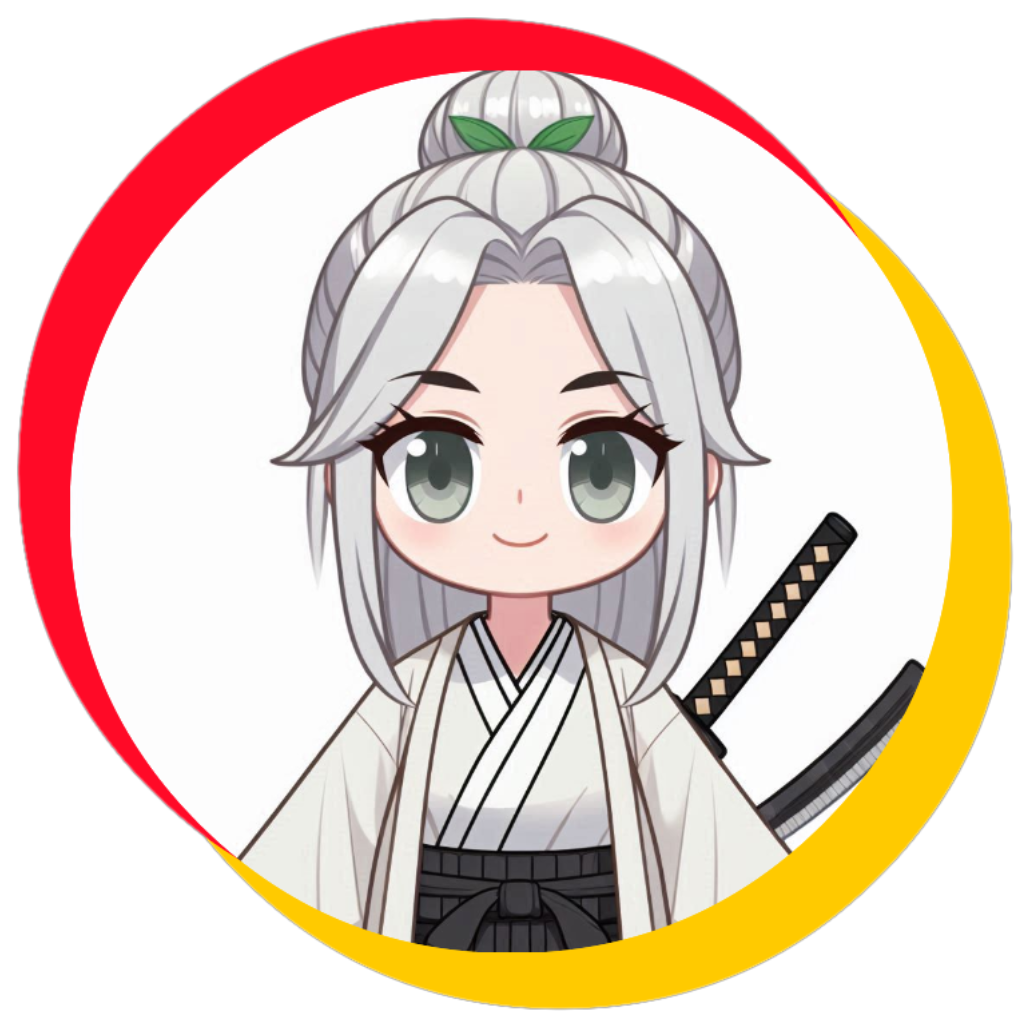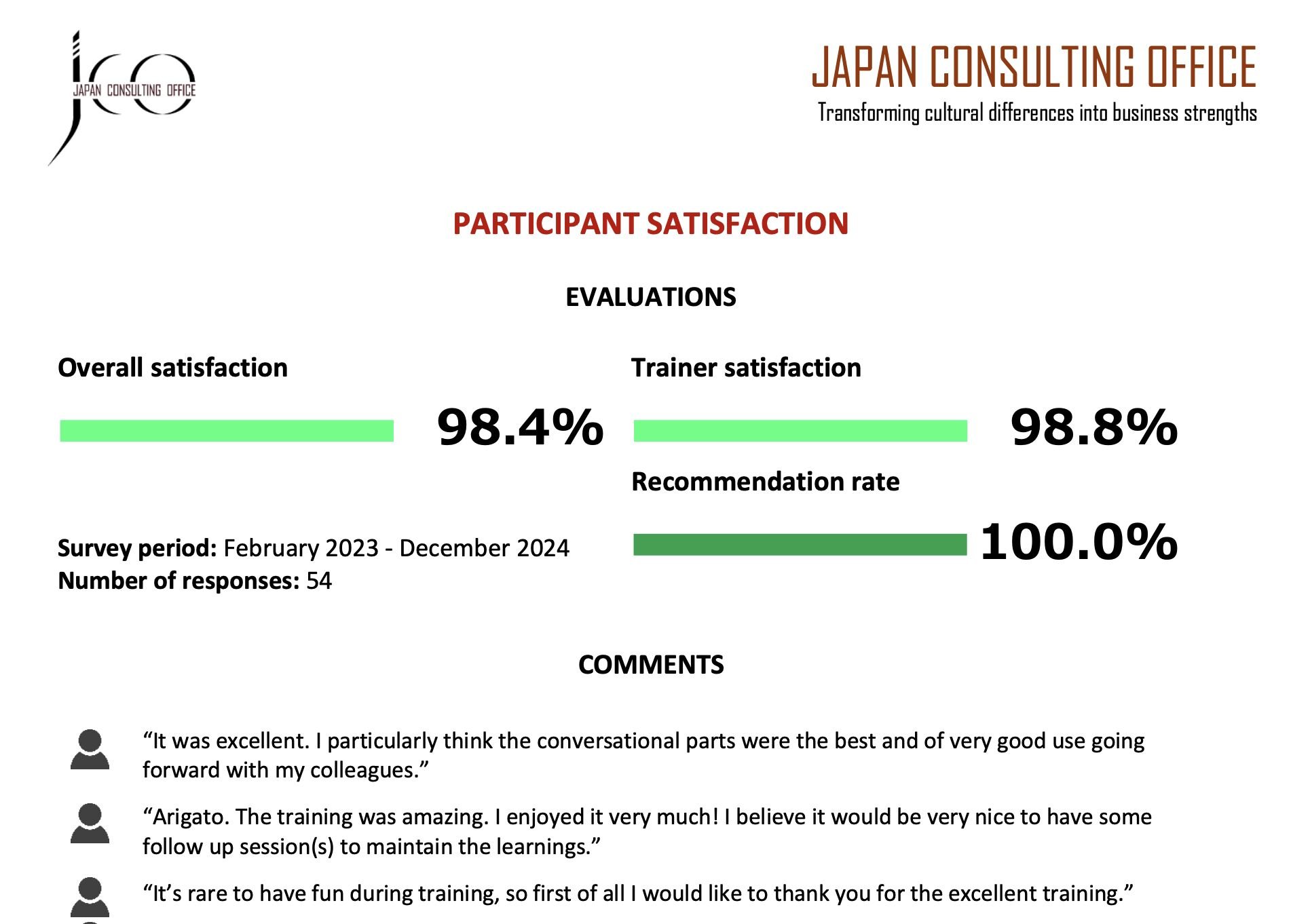Why Doesn't Our Japanese Company Use Japanese Management Concepts Like Lean Six Sigma?
I recently came across a really interesting question during a town hall meeting as part of a Business Efficiency training: Why don’t Japanese companies jump on board with Japanese management concepts? You’d think they would, right? But it’s not that simple.
We’re all global now so how come you’re still offering seminars on Business Efficiency and cross-cultural communication?
We do get this question fairly often, but never from companies we’ve worked with for sometimes ten or more years. Those long-time clients know the value of our our work, they also know that we’re always updating our content to reflect new trends in work and people.
Using coaching techniques at work Part 3: Focus on the whole person / Omoiyari
Focus on the Whole Person: This principle emphasizes recognizing and valuing all aspects of an individual—emotional, physical, mental, and spiritual. It advocates for a holistic approach in coaching and personal development.
Using coaching techniques at work Part 2: Dancing in the moment / Zen
One of the CTI coaching techniques I've found to be incredibly effective, especially with Japanese colleagues, is Dancing in the Moment. This technique refers to the coach's ability to be fully present, responsive, and flexible in the coaching relationship, adapting to the coachee's energy and evolving needs. It emphasizes being open to the unexpected, trusting the process, and allowing the conversation to flow naturally.
Failing to get updates from your Japanese colleagues this week? Of course! It's Golden Week!
Golden Week as we know it today began in 1948 when the Japanese government officially designated the holidays that make up the week (I think) in an effort to provide a legitimate 'excuse' for people to take a few successive days off after the busy start of the fiscal year. It became one of those few times a year when most Japanese workers feel they can take some time off without too much guilt.
Using coaching techniques at work Part 1: Level 3 Listening / Kūki wo yomu (空気を読む)
One of the coaching techniques I've found to be incredibly effective, especially with Japanese colleagues, is Level 3 Listening. Trust is crucial in Japanese culture, and by employing Level 3 Listening (Active Listening with empathy), I've been able to create a safer space for open dialogue, making my colleagues and clients feel more comfortable.
Is it rude to ask people to repeat themselves (again) if you haven't quite understood what they're saying?
This is a question I often get from both native English speakers and non-native speakers in the sessions that I facilitate for Japan Consulting Office. My take on this: as long as you're polite and kind, I would recommend to ask as many times as you need so that true communication can flow.
Yoroshiku onegaishimasu! How to build team relationships with simple Japanese words and phrases.
Learning a few Japanese phrases can significantly enhance team dynamics and create a more inclusive environment. Moreover, your colleagues know it's not easy to learn Japanese, so even if you only know a few words they will greatly appreciate your effort.









